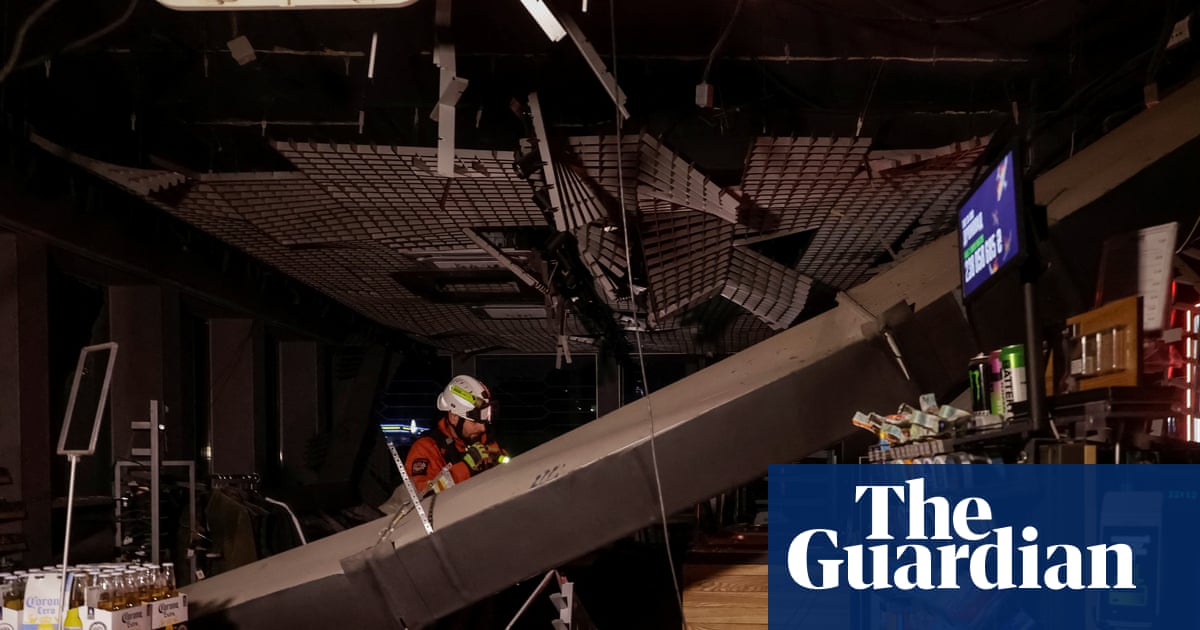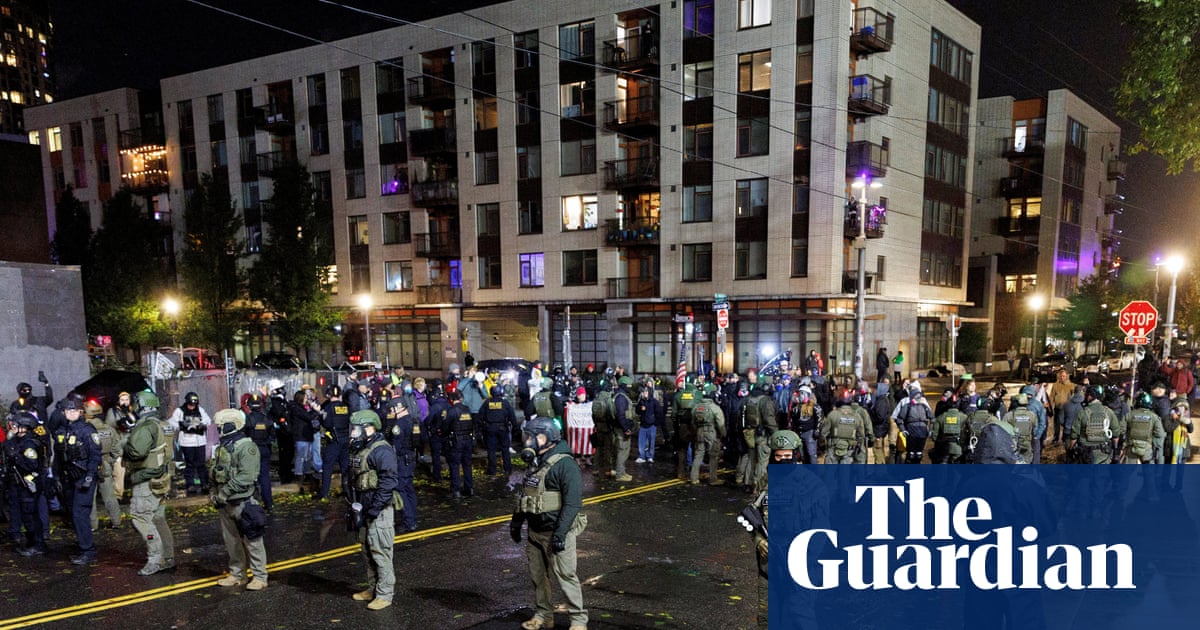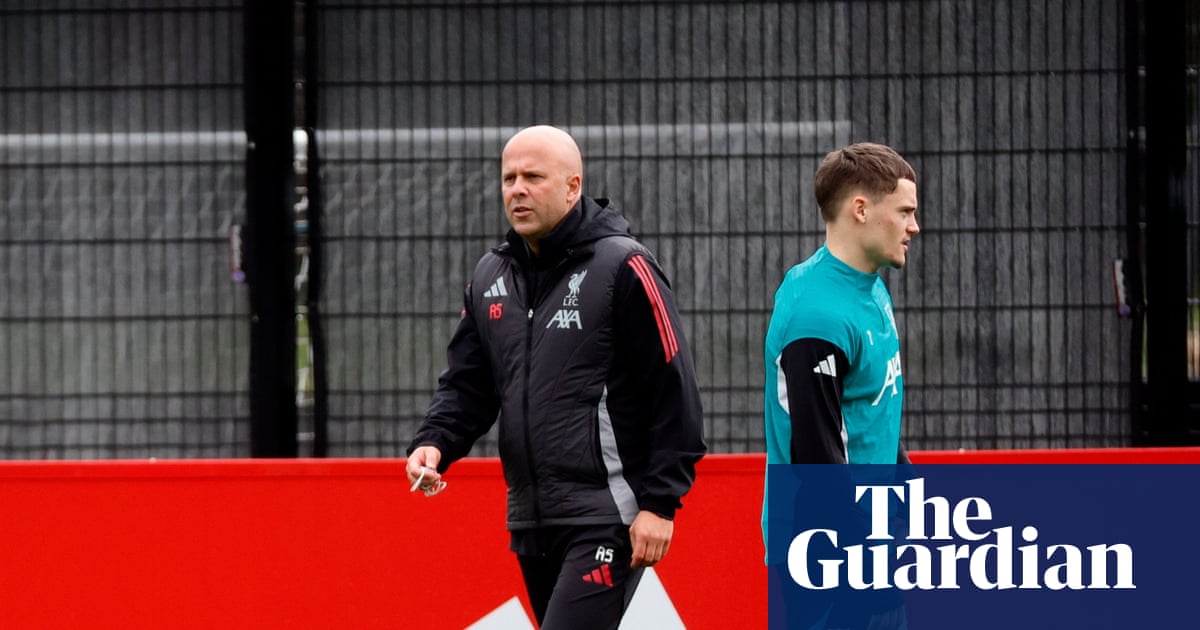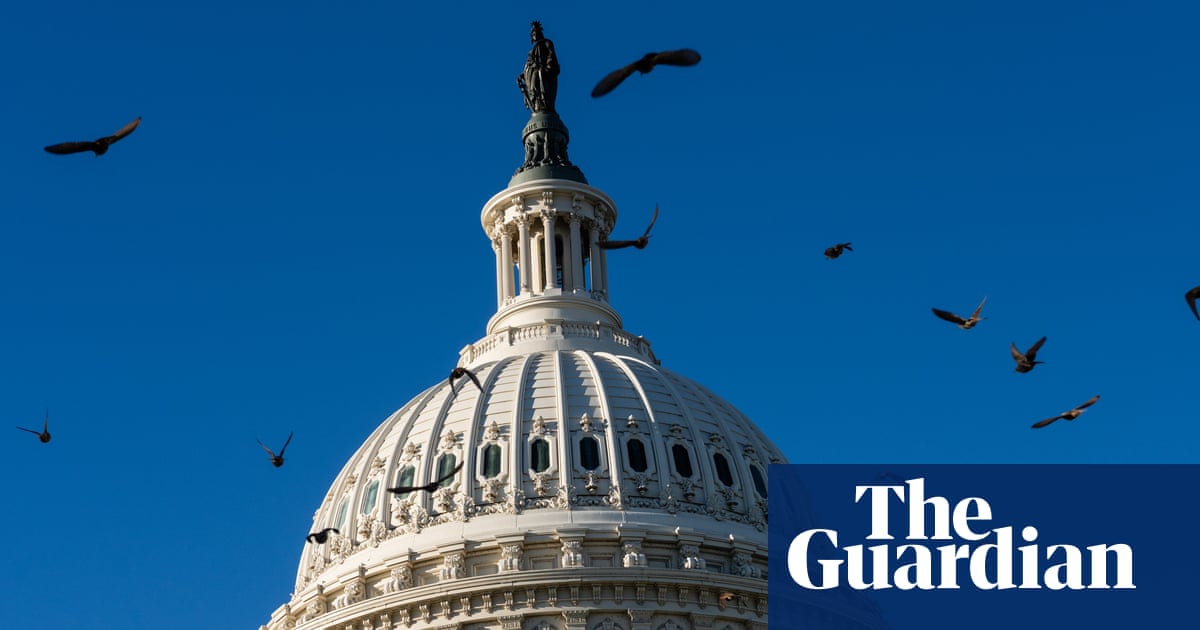The British Medical Association (BMA) has warned the NHS that its plan for dealing with forthcoming resident doctors’ strikes puts patient safety at risk.
Up to 50,000 resident doctors in England, formerly known as junior doctors, are set to join the industrial action from 7am on Friday 25 July to 7am on Wednesday 30 July. They are demanding a 29% pay rise.
Days before the strikes are due to start, the BMA, the trade union for doctors, has criticised changes to way the health service is preparing.
During previous strikes, urgent and emergency services have been staffed by senior hospital doctors, including consultants, and pre-planned work was largely postponed. But the BMA said hospital leaders have been told to continue with scheduled non-urgent care during the forthcoming dispute.
In a letter to the NHS chief executive, Sir Jim Mackey, the BMA council chair, Dr Tom Dolphin, and the deputy council chair, Dr Emma Runswick, said: “Your decision to instruct hospitals to run non-urgent planned care stretches safe staffing far too thinly, and risks not only patient safety in urgent and emergency situations, but in planned care, too.
“Consultants cannot safely provide elective care and cover for residents at the same time. We therefore strongly urge you to reconsider your instructions to hospitals, which should be preparing now to postpone non-urgent planned activity in order to provide a safe urgent and emergency service in keeping with the levels of staff available.”
The last round of strikes, which included walkouts by other health workers, came at an estimated cost of £1.5bn to the NHS in England, with 1.5m appointments, procedures and operations postponed as a result of the stoppages.
During previous strikes, a “derogation” process was in operation whereby hospitals could request striking doctors return to work if there was a risk to patient safety.
The BMA said it was “committed” to the process but not to facilitating non-urgent work.
Prof Meghana Pandit, NHS England’s co-national medical director for secondary care, said: “The safest thing for patients is for the NHS to maintain as much urgent and planned care as possible during strikes, and we would encourage the BMA to work with us constructively to achieve this in the event industrial action goes ahead.”
The previous strikes ended last September when resident doctor members voted to accept a government pay deal worth 22.3% on average over two years.
Under the 2025-26 pay deal, resident doctors were given a 4% increase plus £750 “on a consolidated basis”, which worked out as an average rise of 5.4%.
Government officials said these two increases equated to a 28.9% pay rise.The BMA said resident doctors needed a 29.2% increase to reverse pay erosion since 2008-09.

 3 months ago
73
3 months ago
73

















































